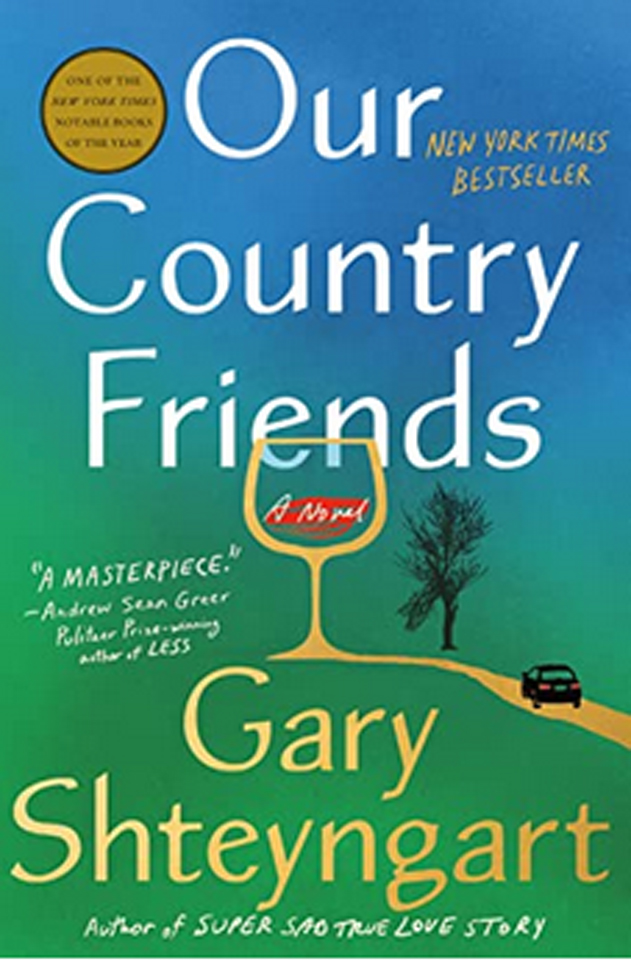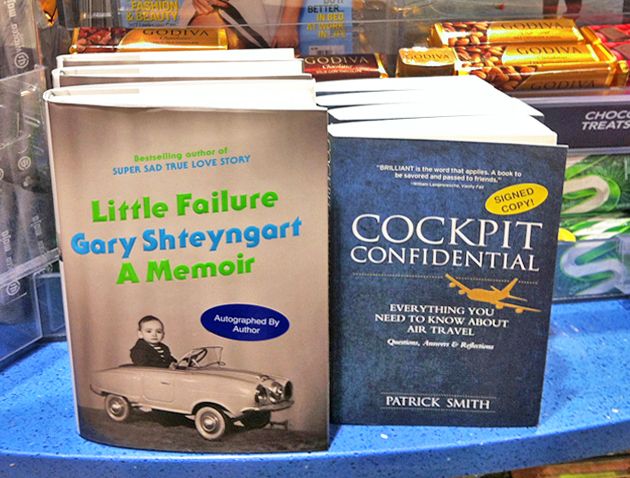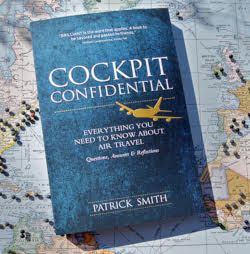The Latest Books by Jonathan Franzen and Gary Shteyngart
April 15, 2022
TWO OF my favorite authors have new books out. Or newish, anyway. Both were published towards the end of last year. I finally got around to reading them.
Let me start by acknowledging my fondness, normally, for Gary Shteyngart, the Russian-born novelist whose early books included the satirical hits “Absurdistan” and “The Russian Debutante’s Handbook.” And the main reason I’m fond of Gary is because he’s funny. To be clear, his stories have never quite been comedies in and of themselves. They’re bigger and smarter than that. But in the way that Kurt Vonnegut once did, he knows how to lay out a sentence just so. It’s a laconic, almost conspiratorial kind of funny that you either love or hate or miss entirely: a grace note of humor on the surface, helping deliver a deeper and more poignant sentiment. The structure is funny; the meaning, maybe, is not. Thus I cackled my way through those aforementioned novels, and loved every minute of Gary’s memoir, “Little Failure,” which is possibly my favorite of his works.
Not this time. “Our Country Friends” is the story of a cluster of sharp-tongued urban creative types who gather in upstate New York to ride out the coronavirus pandemic. They banter, they fight, they drink, they sleep with each other and prepare rustic-gourmet meals. If that sounds uninteresting, or worse, that’s because it is. It’s also, whether through lack of effort, or, because the author, who usually isn’t so squeamish, considered it distasteful to encourage laughter amidst a health crisis, wholly unfunny, lacking any of that Shteyngartian deadpan I’ve come to love. Always in a Shteyngart book are those moments when I pause to savor a sentence or passage, suppressing (or not) the urge to laugh out loud. Not once in 320 pages did “Our Country Friends” trigger much as a giggle. On the contrary, I couldn’t wait for it to end.
The impression I’m left with is that Gary Shteyngart, whose alter-ego we see as the protagonist Sasha Senderovsky, really did escape to rural New York to ride out the pandemic, then for some misguided reason felt like he had to write a book about it. He was mistaken. Unless, that is, you’re idea of a rewarding book is a strained and humorless tale of a group of insufferable intellectuals who can’t decide if they love or hate each other — a weird “Uncle Vanya” of Oberlin grads disaster partying in the woods.
To enjoy a story, you need to enjoy the people in it. You do not, necessarily, need to empathize with or even respect them as humans, but as characters you need to like, or at least be entertained by them. Well, it’s hard to like anyone in this book. Not the neurotic Sasha or his equally neurotic wife. Not the soulful Indian professor and his secretly brilliant manuscript. Not the sexy, Southern firecracker essayist. And absolutely not the Senderovskys’ hyper-precocious, K-Pop obsessed young daughter, Natasha. I’ve met kids like this. They’re impressive, but always irritating. This one especially so. Are these the people Gary hangs around with when he’s not writing?
It’s possible, of course, that I’m tone-deaf to the whole enterprise. Perhaps we’re not supposed to like these people? If so, well done.
Then there’s the whole COVID backdrop. “There cannot be a more relevant novel for our moment,” says Andrew Sean Greer in a blurb. Did anyone besides me just roll their eyes? Kirkus Reviews takes it a step higher: “The Great American Pandemic Novel,” they call it. All right, but did we really, truly, need one of those? Worse, there’s a persistent whiff of editorializing that runs through the text — in case we require a little more consciousness-raising on matters of COVID, face masks, BLM, Trumpism and so forth. This style of sanctimony is unusual for Gary, and however lightly he plays it, it’s unnecessary and distracting.
I’m looking at the author’s jacket photo. There’s something, a gravity, to it that doesn’t feel right. It’s too pensive, too posed. Is Gary Shteyngart jumping the fiction shark, trying (too hard) to reinvent himself as a “serious” and less funny writer? Let’s hope not. Those things are not mutually exclusive. He knows that.
My feelings couldn’t be more different, on the other hand, for Jonathan Franzen’s “Crossroads.”
Set mostly in 1971, this magisterial, thunderously passionate novel is an exploration of the Hildebrandt family: Russ, a pastor in suburban Illinois, his wife Marion, and their four children. All of whom, in their own ways, find themselves consumed by guilt and secret shame, and become hellbent on the prospect of change.
And I do mean exploration: the Hildebrandts are rendered in such compelling detail that it’s hard to keep in mind this is fiction. You are drawn so intimately into this family, face to face with its foibles and fears and failures, that it may as well be your own. How a writer can get so deep into the heads of fictional characters, then make those characters so intensely interesting to a reader, is something I cannot fathom. Nobody does this better than Jonathan Franzen, and he’s never done it as well as he does here.
“Crossroads” covers some big territory: Christianity, moral redemption, the dynamics of friendship and family, and the cultural verves of the 1970s. There are a lot of moving parts, thematically. (The title takes its name from a Christian youth group the characters become enmeshed in.) Trying to grasp it all, never mind analyze it here, is beyond my pay grade, as they say; it exceeds my capabilities as a reader, a fan, and a hack blogger. I’ll leave that to the professional reviewers. There are some excellent takes out there, in the New Yorker and elsewhere. All I know for sure is that I loved this book and couldn’t put it down.
I even laughed out loud a few times: “The vanity of believing that his sheepskin coat made him look like anything but a fatuous, obsolete, repellent clown.” And just as Gary Shteyngart’s book does, “Crossroads” includes a wayward and precocious child, in this case the adolescent Perry Hildebrandt. But unlike the obnoxious little girl in “Our Country Friends,” Perry, for all his transgressions, is actually likable and endearing.
When I’d read the the jacket flap at the bookstore at Kennedy Airport, I had my doubts. It just didn’t sound that interesting. Even the cover art seemed kind of a downer. And at 580 pages, quite a bit of time was at stake, not to mention space in my carry-on luggage (I don’t do electronic copies). Not only that, but novelists, like rock bands, tend to hit their creative strides in early to mid-career, then taper off (that’s somewhere around album three if you’re the Clash or Husker Du). Franzen is still young, sure, but this is his sixth novel, to go with several essay collections. And no way, I thought, could he ever outdo “The Corrections.”
But I was wrong, and he has. I feel like I’ll remember this book forever.
________
Is there a tie-in to commercial aviation here? Not at all, though some of you might remember that both Shteyngart and Franzen drew my ire for their use of the term “roller board” a few years back. You can revisit those complaints here and here.
There’s also this:






